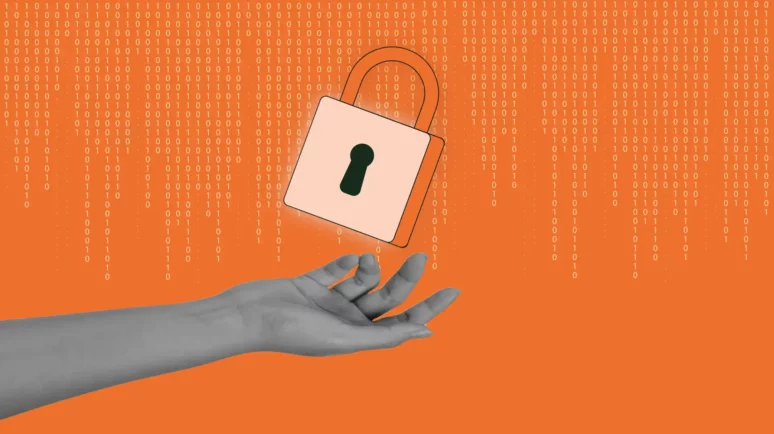Decentralized Wallets and Centralized Security Measures: Scams and Errors Still Prevalent

Decentralized Wallets and Centralized Security Measures | Source: Jonathan Raa visa Getty Images
Key Takeaways
- An investor narrowly avoided a scam thanks to Rabby.io’s post, raising questions about the need for centralized security measures in decentralized applications.
- A counterfeit Rabby Wallet app on the Apple App Store highlights the challenges with marketplaces.
- Recent DeFi scams and exploits, including a major theft from FixedFloat, underline that expansion cannot be without security.
Decentralized Finance is facing a crucial question: Should there be a system of centralized security checks to mitigate the risks of scams and human error?
This debate is gaining traction as more users fall prey to sophisticated scams that could not have been stopped without external warnings.
A recent incident involving an investor who escaped a Rabby_io scam has sparked discussions on social media. The investor said that due to a timely warning by Rabby.io, the person could evade losing money. While others couldn’t.
The Growing Concerns Over DeFi Security
A fake version of Rabby Wallet surfaced on the Apple App Store recently. While it masqueraded as a legitimate application, Apple’s screening processes failed to catch it.
A user explained that a warning post by Rabby Wallet helped the investor safeguard its funds before it was too late. Meanwhile, MetaMask’s lack of alerts ignited a broader debate on security measures in decentralized finance (DeFi).
This oversight led to users reporting the loss of tokens as a reminder of the vulnerabilities in the current system. The incident not only questions the reliability of marketplace firewalls but also whether DeFi applications require constant monitoring and flagging by issuers or users to ensure investor safety when centralized security has not been put in place.
Recent Warnings and Exploits
Just as users reported the Rabby Wallet scam , Curve Finance issued a cautionary message about a fraudulent app bearing its logo on the Apple App Store. Users who couldn’t see the post might have lost funds to the scam application.
Decentralized exchange FixedFloat is another victim of a recent exploit. Initial reports suggest that hackers swindled millions in Bitcoin and Ethereum. FixedFloat’s acknowledgment of the hack came after users flagged abnormal blockchain activity. Emphasizing that current practices may be insufficient within the industry.
Balance Between Decentralization and Security
Chainalysis previously cited Mar Gimenez-Aguilar, Lead Security Architect and Researcher at Halborn, noting the threats of on-chain and off-chain vulnerabilities. Gimenez-Aguilar pointed out that many compromised smart contracts either skipped audits or had inadequate ones. Therefore, there is a need for improvement in both the design and external security practices surrounding blockchain, as per security experts.
Decentralized wallets continue to grow in popularity. While the onus to be safe from inherent security risks currently lies on the users. The incidents involving Rabby Wallet and FixedFloat, among others, serve as a reminder of the challenges as the market continues to expand.
The debate over implementing centralized security measures within a decentralized framework might not be taken well by many community members. But, maintaining the ethos of decentralization while ensuring the safety of participants might not have an alternative.


